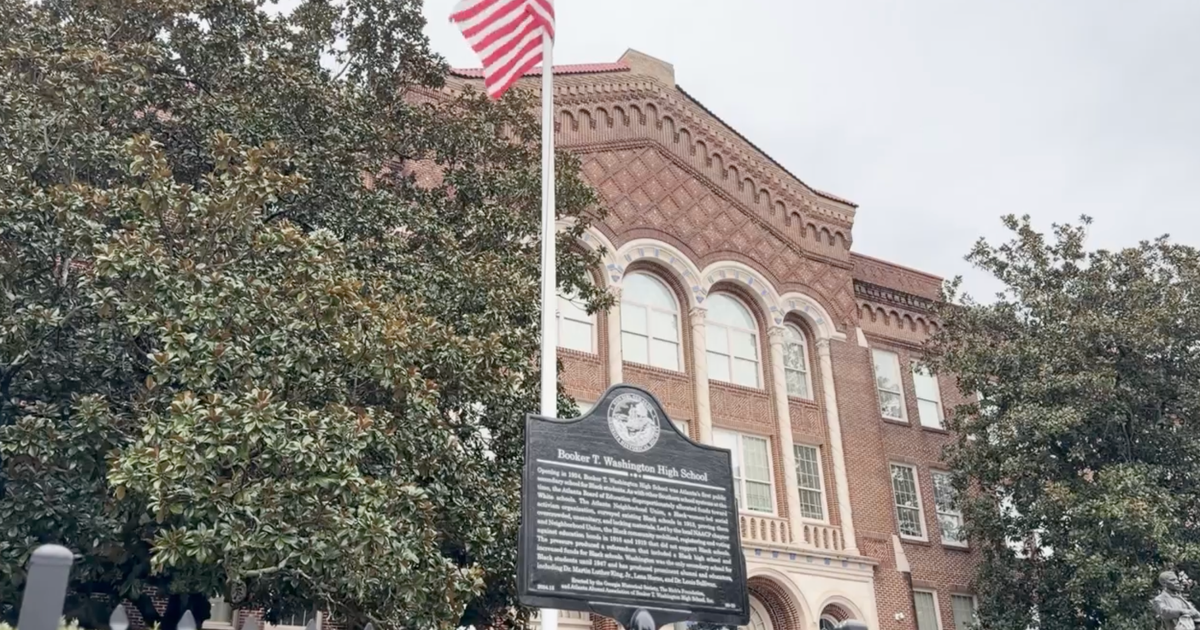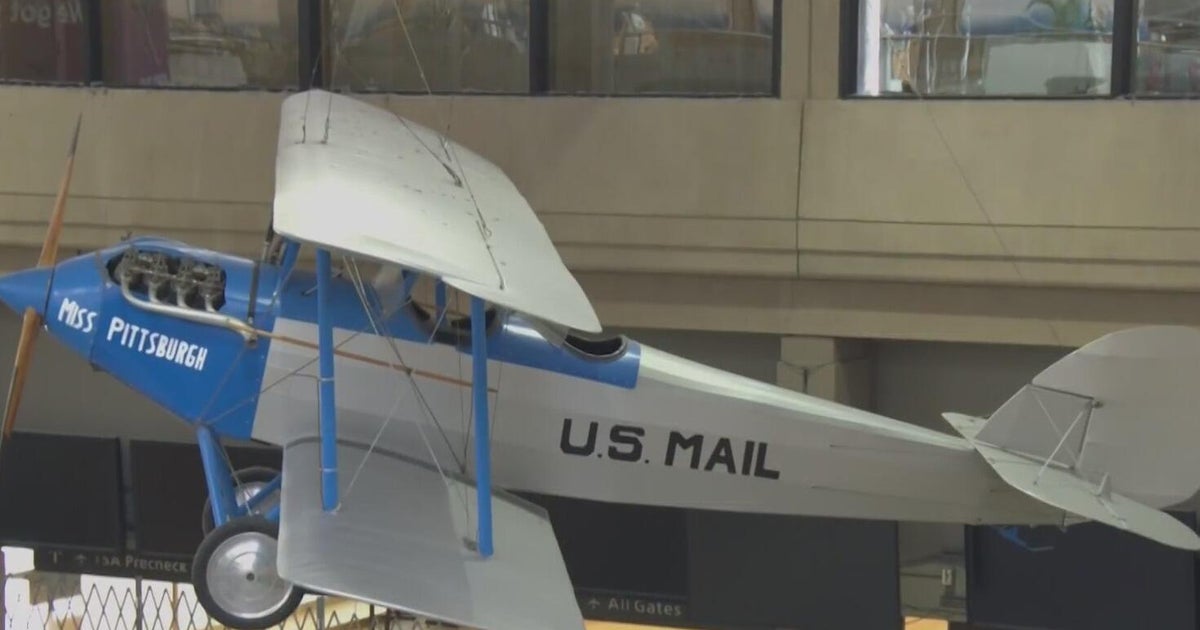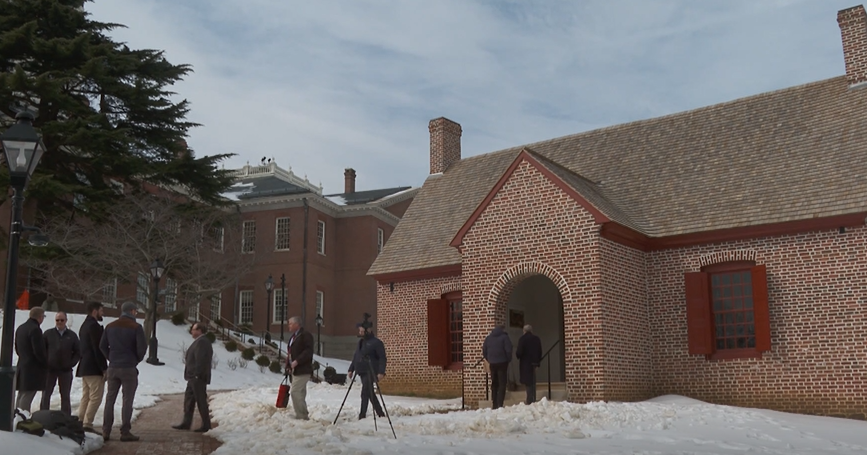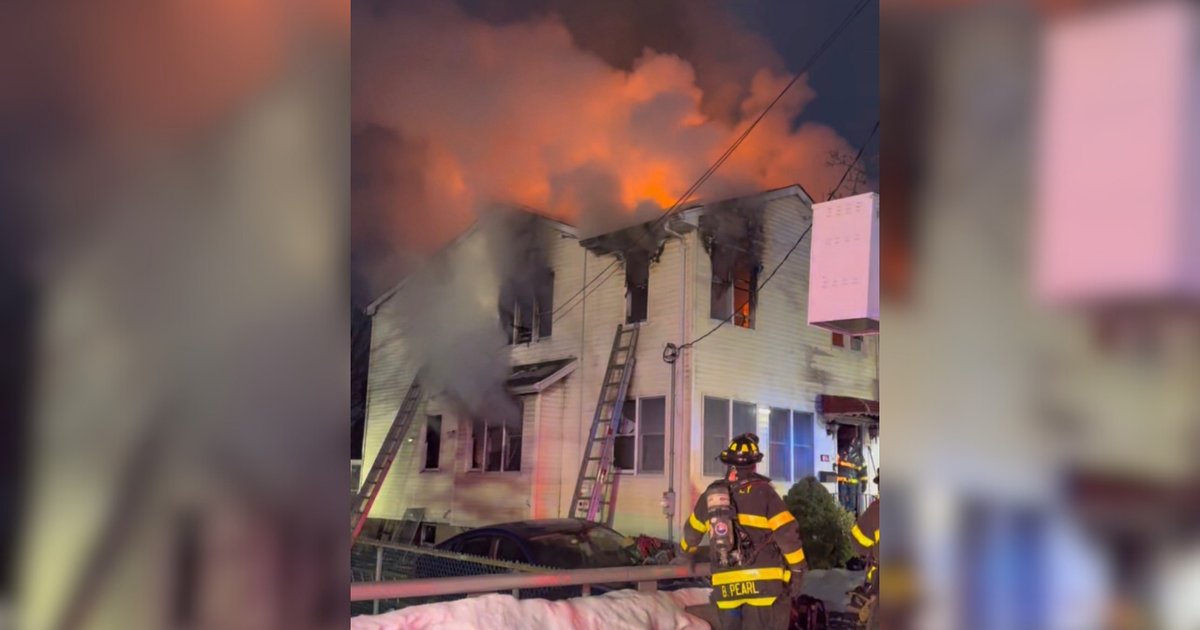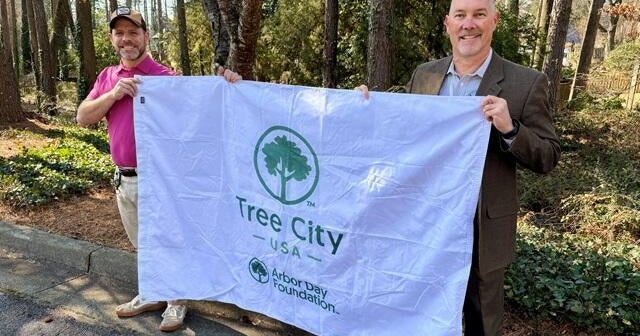'Human Nature Never Changes': Holocaust Museum On Int'l Holocaust Remembrance Day
Follow CBSMIAMI.COM: Facebook | Twitter
WASHINGTON, D.C. (CBSMiami) -- Friday, the United States Holocaust Memorial Museum is commemorating International Holocaust Remembrance Day. It's the day the United Nations designated to remember the victims of the Holocaust and help prevent future genocides.
CBS4's Ted Scouten is in Washington D.C. covering the event and spoke to the museum's communications director Andy Hollinger.
"This is a day to remember the victims of the Holocaust who perished at the hands of the Nazis and their collaborators and to really think about what history teaches us about ourselves and our roles in society today," said Hollinger.
On January 27, 1945, Auschwitz-Birkenau, the largest Nazi concentration camp, was liberated by the Red Army and the date now marks the commemoration of the genocide that occurred during World War II.
"The Holocaust raises so many questions that remain relevant almost 70 years later. Why are so many people susceptible to hate propaganda? What causes people to turn against their friends and neighbors? How can societies be so fragile and what can we do when we see hatred and anti-semitism in our world today?"
Hollinger said it's important to remember and never forget.
"Human nature never changes, technological progress does not equate to moral progress. We always have to be on guard with what could happen when you see hatred."
The Holocaust resulted in the death of an estimated 6 million Jewish people, 200,000 Romani people, 250,000 mentally and physically disabled people, and 9,000 homosexual men by the Nazi regime and its collaborators.
At today's ceremony survivors helped keep alive the memory of those who died, they also shared their stories. Jacqueline Mendels Birn was 6-years-old when her family went into hiding in Paris. Even at the young age, she understood what was at stake.
"My mother said, 'Don't worry, if the Germans come to get us, I'll give you a little pill and you'll die right away and you will never suffer,'" she recalled her mom saying. "To this day, I remember," she said with her voice cracking.
She and her immediate family survived, most of her other relatives were killed.
Jacqueline learned to play the cello after the war ended. She uses her music to help spread a message. "Try and do something good so that things like that don't happen again," she tells people. "Help. We have to help other people. We don't have to be Doctors Without Borders or we can be a nurse or something, but try to do something good in life."
The US Holocaust Memorial Museum recently began an online campaign called "Never stop asking why" with the hashtag #askwhy. The idea is to begin a global conversation to fight genocide and hate.
CLICK HERE to get more information.
